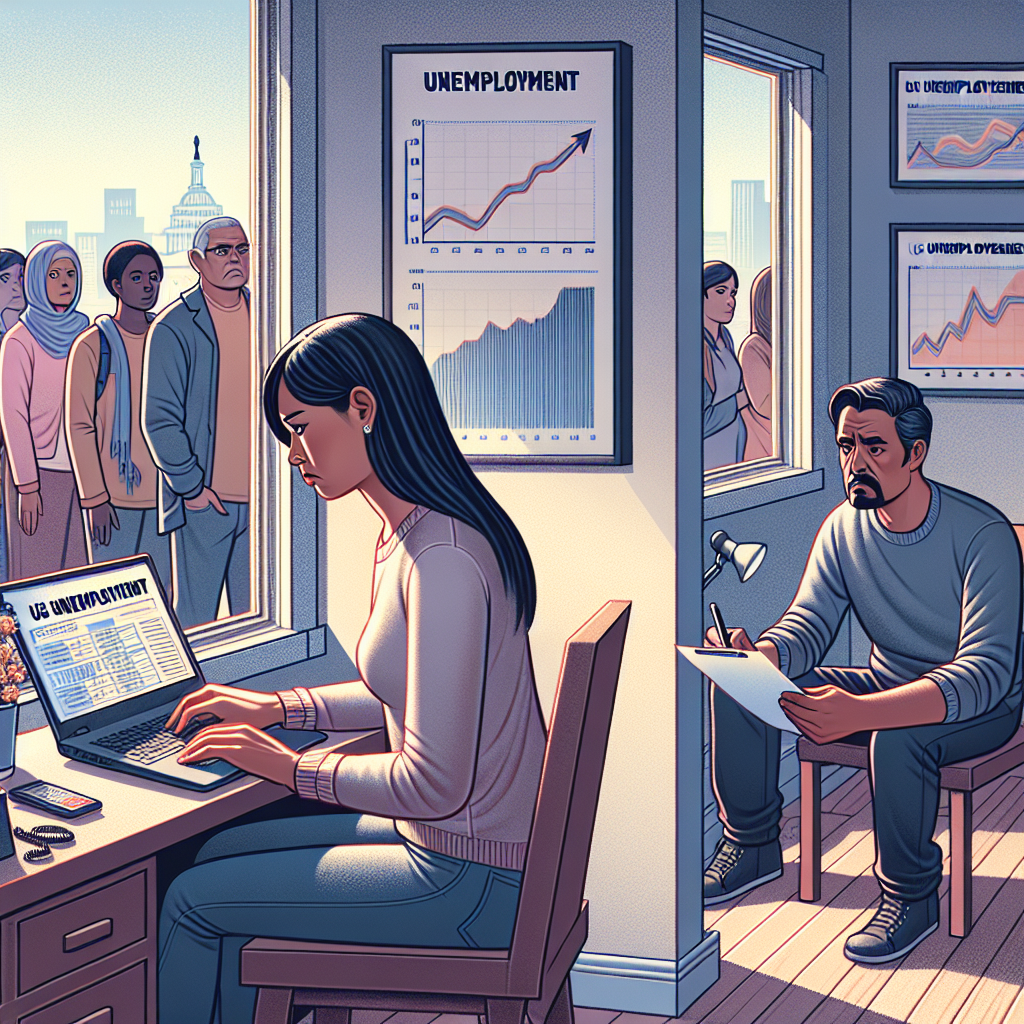The New Zealand Government is set to prioritize people on Jobseeker benefits in its employment support programs, ensuring that more of the Ministry of Social Development's (MSD) $1.1 billion budget is directed towards those most in need. Social Development and Employment Minister Louise Upston announced the new employment investment framework, which will guide the allocation of funds and support services.
The new framework emphasizes enhanced case management, aiming to extend support to 70,000 people by the end of the year, with beneficiaries given priority access to schemes that improve job prospects.
"The previous approach allowed a large number of non-beneficiaries to access costly employment programs, which did not yield the desired outcomes," Minister Upston explained. "For instance, 62 percent of Mana in Mahi participants were not on a main benefit in late 2023, while only 31 percent were Jobseeker beneficiaries. Our focus is now on ensuring that those on Jobseeker Support are the primary recipients of these resources."
To achieve this, the Government has set specific targets:
By June 2025, 70%-75% of Flexi-wage participants will be people on Jobseeker Support, up from the current 49%.
For the Mana in Mahi program, 50%-55% of participants will be on Jobseeker Support by June 2025, up from 31%.
Non-beneficiaries will still be eligible for employment support, but the emphasis will be on aiding those most at risk of long-term welfare dependency. The employment strategy will be data-driven, with successful programs continuing and underperforming ones being reconsidered.
Additionally, the Government will enhance support for job seekers with a phone-based case management service expanding to include an extra 10,000 job seekers by year-end, bringing the total to 70,000. Special focus will be given to young job seekers aged 18 to 24, reserving 30 percent of in-person case management places for them, ensuring over 27,000 young people receive personalized support.
"Our goal is to reduce the number of people on Jobseeker Support by 50,000 by 2030, providing a brighter future for young Kiwis and helping them avoid long-term welfare dependency," Upston concluded.










